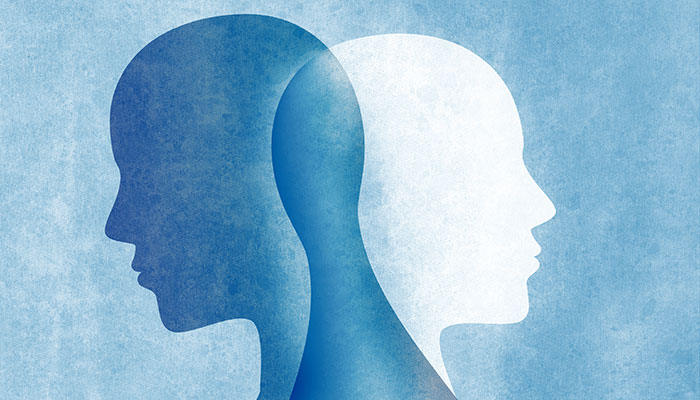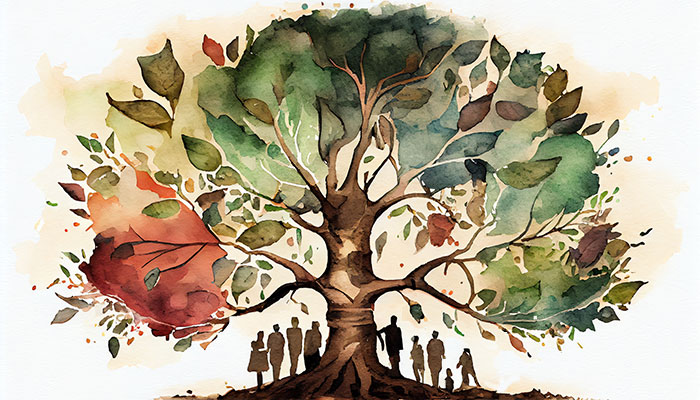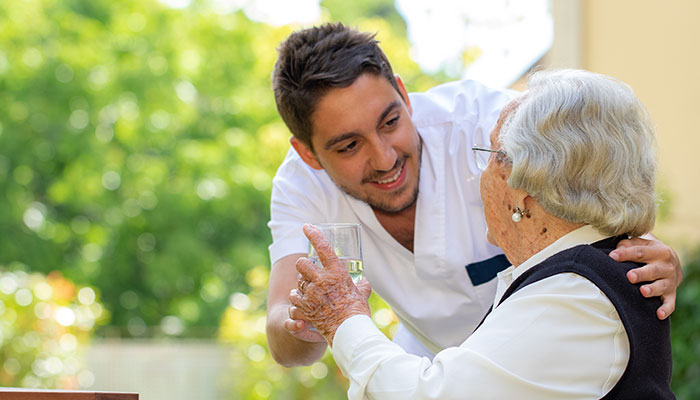
Perhaps you wonder if your family member is a “hoarder.” (You may even harbor secret fears about yourself!) We all have cherished possessions. From trophies to teacups. Spare buttons to cans of half-used paint. But hoarding is different.


Perhaps you wonder if your family member is a “hoarder.” (You may even harbor secret fears about yourself!) We all have cherished possessions. From trophies to teacups. Spare buttons to cans of half-used paint. But hoarding is different.

Does your loved one need to downsize? Move? Does the prospect seem overwhelming? Perhaps not just physically, but emotionally too? Enter the senior move manager: Part mover, part interior decorator, part compassionate friend. These professionals take a holistic approach. They handle the physical logistics. They are also skilled at assisting older adults with the emotional side of a move.

This is World FTD Awareness Week. People with FTD often exhibit sudden changes in behavior or personality. FTD is frequently misdiagnosed as Alzheimer’s disease, depression, or some psychiatric disorder. It is the most common form of dementia for people under 65 (early-onset dementia).

National Stepfamily Day falls in September. To honor these special families, we are featuring an article about working with stepsiblings. It could be that you have hardly met your “brothers and sisters,” yet you may be called upon to work together in an eldercare crisis.

September is Pain Awareness Month. Consider addressing your loved one’s pain with tips from music therapy. No drugs. No side effects. Simply drawing on the mind-body connection to lift mood, enhance relaxation, and distract from pain.

A difficult or abusive childhood makes for a very uncomfortable caregiving situation when your parent begins to need help in their later years. You don’t have to do it all. Consider these strategies for doing what feels right while also taking care of yourself.

Support your loved one’s independence with simple but important low-vision adaptations in the bathroom: Color contrasts, a magnifying mirror, a shower caddy, etc.

The U.S. Surgeon General reports we have a loneliness epidemic. Like smoking and obesity, social isolation creates a greater risk for poor health. It’s been associated with a 48 percent increase in “premature death” (a death where a change in lifestyle could have resulted in a longer life). Our social health affects our physical health.

It will likely take one to three months for you and your loved one to get used to the new living situation at memory care. Strong emotions are to be expected. But there are strategies to ease the transition and promote a resilient recovery for both of you.

Have you spent years encouraging a loved one to steer clear of salt or avoid fat? There is no doubt that a healthy diet can promote longevity. But there does come a time when quality of life is more important.
© 2002-2025, Coaching Caregivers. Site created by Elder Pages Online, LLC.